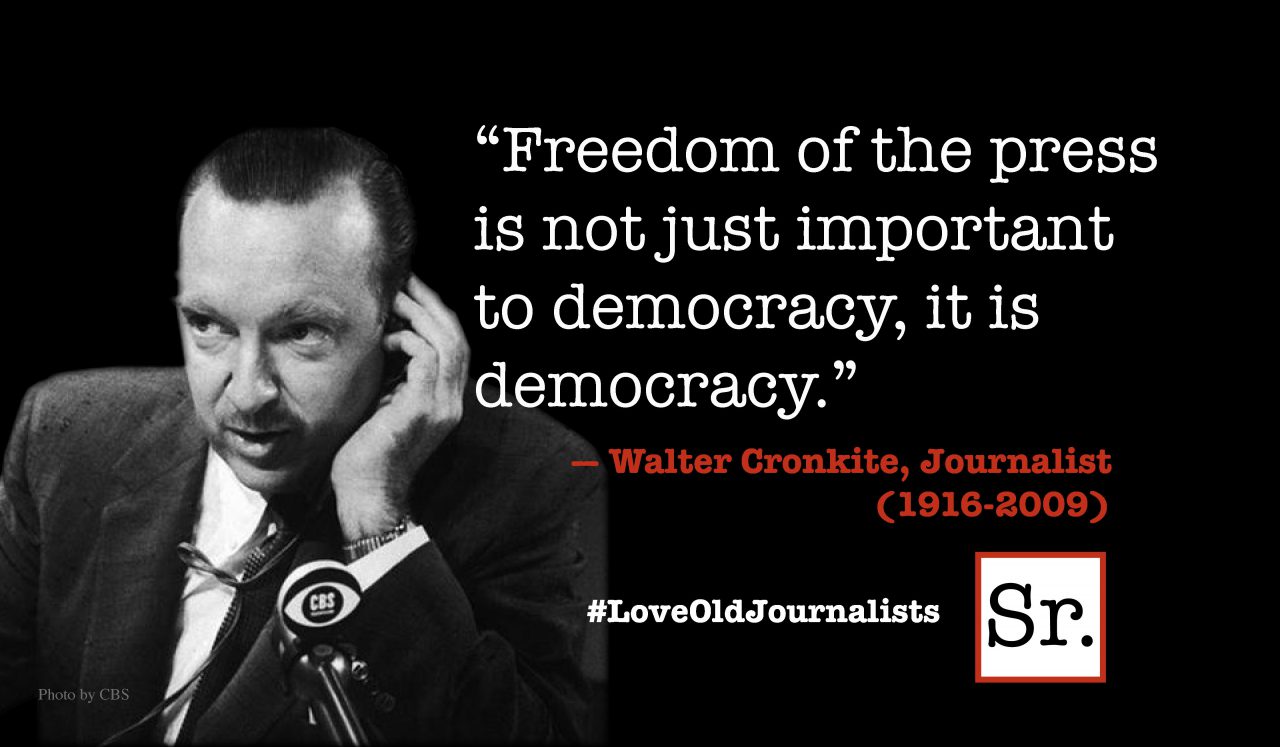Electricity, cars, cigarettes and computers quickly come to my mind as bringing huge changes to society over time. With the exception of cigarettes, each carried with it massive advantages. Unforeseen problems followed that our society is still coping with.
Although I was told by my smoker parents that no one thought that cigarettes were dangerous to those who smoked and who were smoked on, it was hard for me to imagine that only I suspected the dangers at a very young age. In time, cigarettes were identified as the killers they are. It was harder to notice the convoluted paths to problems that electricity and cars would take us on. Computers, still in what I've heard called the infancy of their development, are in the honeymoon stage of great change.
But some troubling cracks are getting more noticeable in how computers change not only our lives, but also us — starting with our children. Exchange programs for high school students still exist. One of the goals still is for teenagers to have the opportunity to loosen the apron strings by living in other countries where they are cared for temporarily by other parents. While still being cared for, they have the opportunity to spread their wings like the fledglings they are. Rules used to be that contact with parents was infrequent, and brief. The high cost of international contact lent support to limited contact. They struggled. They grew. But, nowadays, with all the cheap, instant contact available, they only physically leave home, but not mentally. They text, talk, email, and see one another as though they are still in the same room, not only with their parents, but also their hometown friends. They return home not too different from who they were when they came.
Children start to have smart phones at ridiculously young ages. They are constantly looking down at them, talking on them, or engaging with them. When do they take the opportunity to simply observe the world going by around them? When do they solve their own problems instead of calling mom to have her tell them what to do? When do they make decisions on their own? How do they learn the nuances of non-verbal communication and how to talk face-to-face? If they are always engaged with their gadgets, how do they learn the art of being, which is where thinking and creativity take root?
At any age, being connected to gadgets changes the experience. When I strapped a pack on my back at the age of 40 and took off solo for 16 years exploring the world, how would that long journey have differed if I had had the gadgets that kept me connected to everyone I knew everywhere at all times, if I could have seen everything online before I got there, and if I hadn't had any problems that my gadgets couldn't solve? Could serendipity and spontaneity have been my traveling companions? I'm glad I'll never know.
Whenever I feel myself slipping into "the good old days" mentality, I remind myself that I cannot evaluate the difference between "then" and "now." Something is lost, but perhaps something else is gained. If we knew then what we know now, would we really have done anything differently?
Comments? Email Suellen at ZimaTravels.com









